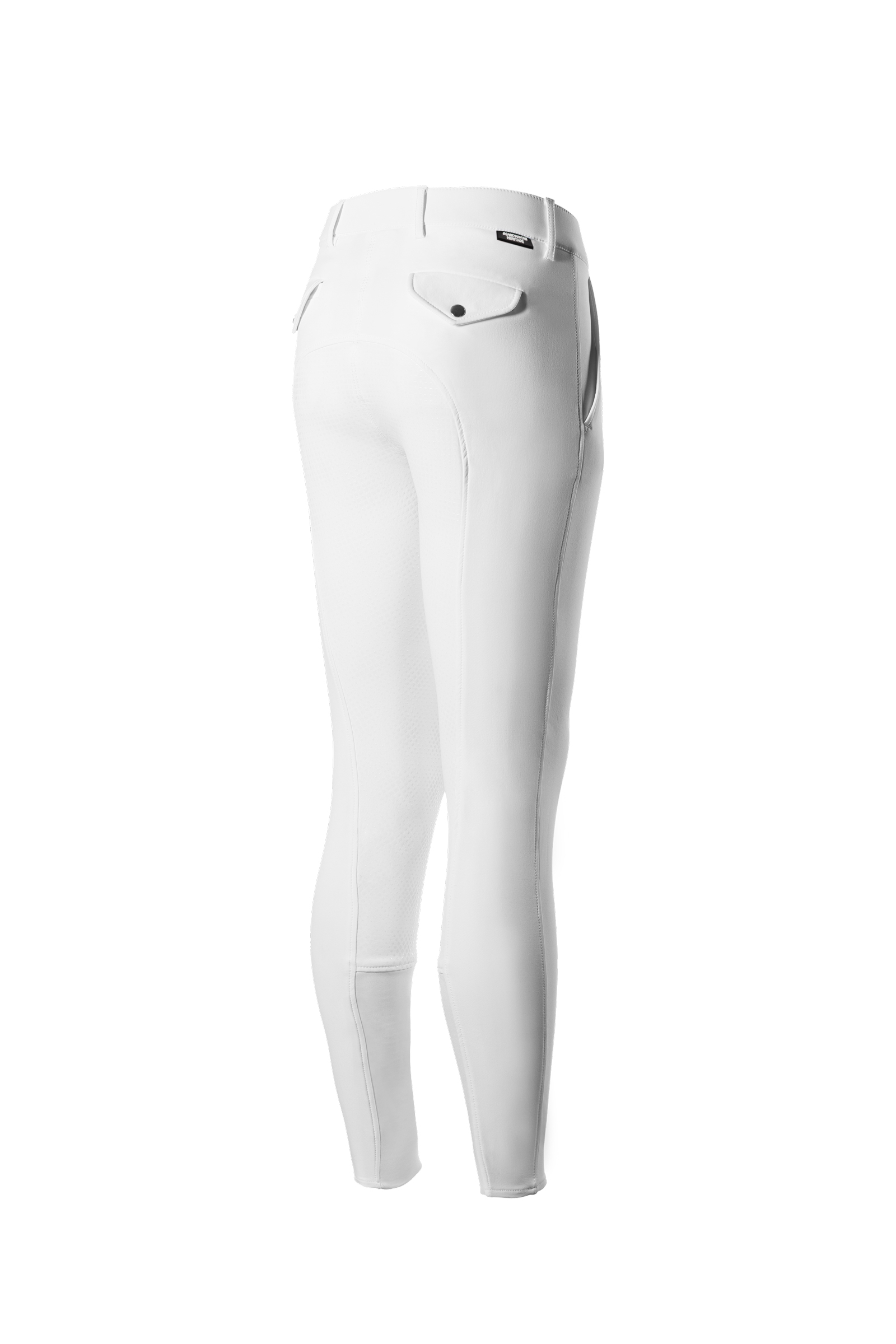
Amazon.com: Se adapta a de equitación para hombre chill bloque capa Base, S : Ropa, Zapatos y Joyería

How to Make an Interesting Art Piece Using Tree Branches | eHow | Riding outfit, Mens outfits, Horse riding attire

Amazon.com: ARIAT Botas de equitación Heritage Contour Field Zip para hombre, color negro, Negro - : Ropa, Zapatos y Joyería




















